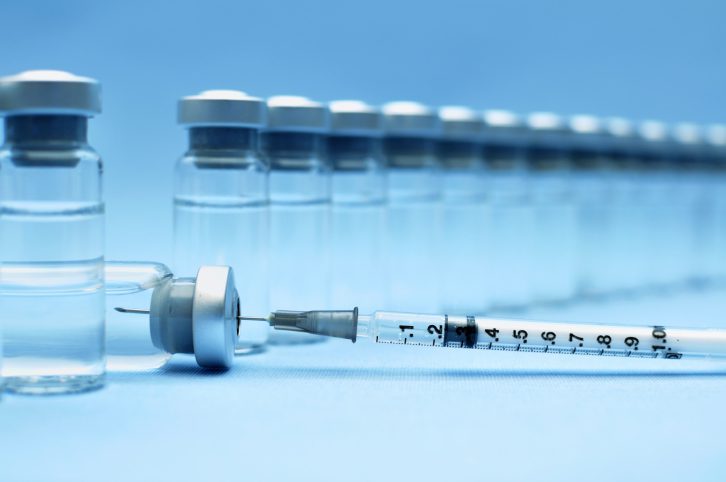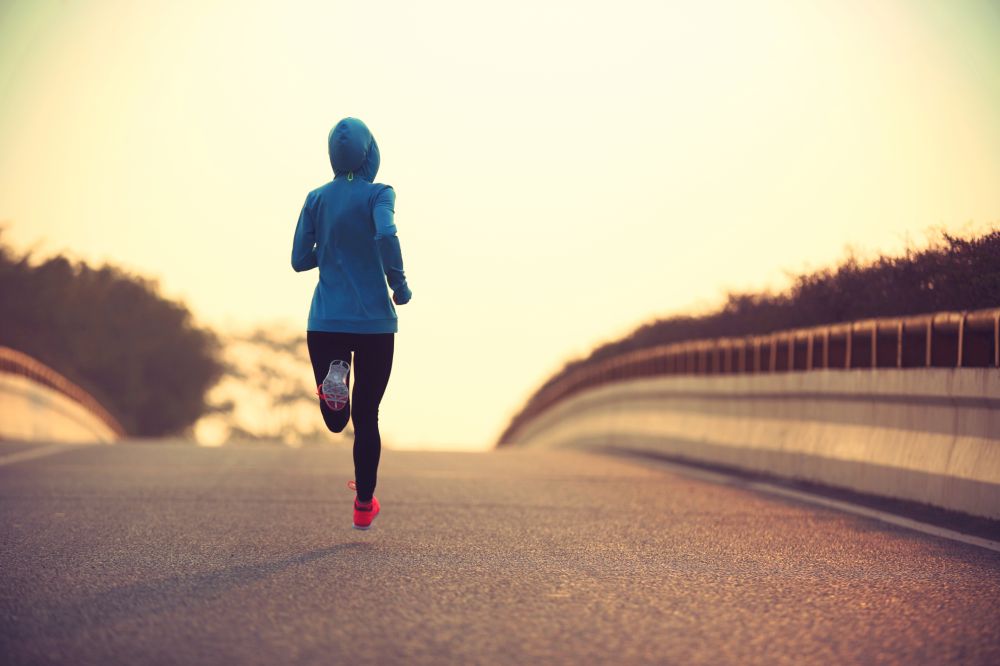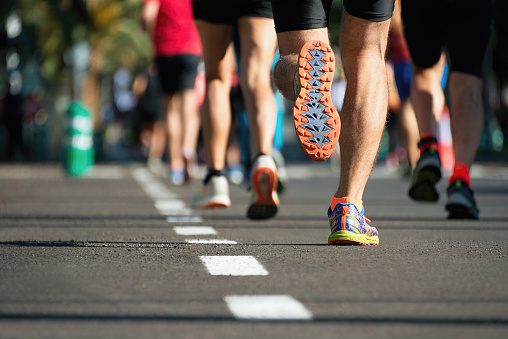Runners’ vaccine questions answered
Dr. Mark Leung answers all of your questions about running, the vaccine and when we'll be able to have in-person races again

Last month, sports and family medicine doctor Dr. Mark Leung joined host Kate Van Buskirk on The Shakeout Podcast, where he offered runners several health tips for running through the winter and COVID-19. Their conversation covered everything from mask-wearing to boosting your immune system, to whether (and when) road races will return, and one of the most prominent topics was the vaccine. We spoke again with Dr. Leung, and he answered all of your questions about the COVID-19 vaccine.

RELATED: Yohann Blake says he would forgo Olympics before getting COVID-19 vaccine
Is the vaccine safe?
In one word, yes. Dr. Leung explains that from a scientific standpoint, vaccines have to go through a rigorous process before they can be administered to the public, and the COVID-19 vaccine is no different. While many people are worried about how quickly things have evolved, he explains that this is because of the type of vaccines that have been produced. The two vaccines in circulation in Canada right now are both mRNA vaccines, and Leung says that mRNA technology has been in use for at least three decades already. This is the first time it has been used in a vaccine, but it’s not a novel technology.
Leung also points out that the vaccine was tested on over tens of thousands of people to start, and continues to be tested in real time through an international quality-control system that reports on any side effects.
“For the average individual it’s safe,” says Dr. Leung.
There are, of course, individuals for whom the vaccine may not be safe, and Leung says this is most often due to allergies. The components of the vaccine that could cause an allergic reaction in some people are polyethylene glycol and polysorbate, though allergies to these ingredients are very rare.
What can runners expect once they get the vaccine?
Dr. Leung says some people may have a sore arm after receiving the shot, and some may feel a small amount of fatigue a few hours afterward, but that should go away after a good night’s sleep. The majority of people will notice no changes or side-effects.
Of course, the big question on all runners’ minds is “Can I go for a run after getting the vaccine?” and Leung says yes, most people will be OK to go out for their usual day’s miles, although you may want to reconsider any big runs or workouts right away.
“Because we recommend that for the first one to two days you monitor for any severe side effects, the cautious approach is to not plan anything for the day of and the following day, but that’s about it,” he says.

Once I have the shot, can I go running with my friends again?
Dr. Leung explains the vaccine is just one tool to help end this pandemic, and the other tools we have in place right now (like mask-wearing and social distancing) have to work together with the vaccine. This, unfortunately, will have to continue until we get to the point where we have herd immunity, which is when enough people are vaccinated that the virus can’t spread easily. In order to achieve this, 70 per cent of the population needs to be vaccinated. Currently, less than two per cent of the population of Canada has received the vaccine, so we still have some distance to go before we can get back together with our run crews.
RELATED: 5 important tips for coaches and runners during COVID-19
Will we have road races in 2021?
In order for this to happen, Leung says we need two things. First, we need to get community COVID transmission rates to decline, which could happen by getting a larger number of people vaccinated as well as having people adhere to the public health and safety guidelines. Second, the burden the virus has on hospitals and intensive care unit capacity needs to go down. If the hospitals are still struggling despite community cases going down, Leung says it is less likely that large group events like road races will be able to happen. This, he says, will depend on the region and will be decided on at a local level.
As for the future of large group events like road races, it’s difficult to say what will happen over the long term. COVID is not something that is just going to disappear, and it will be a concern at all types of mass gatherings even after we’ve managed to get the spread under control.
“At this point, when we’re still in the pandemic phase, it’s really hard to see what it’s going to look like on the other side of it,” says Leung, “but a lot of it will depend on getting the community numbers to a very low rate, and at that point, we will be able to re-engage in regular life.”

Finally, Leung points out that as more people get vaccinated, the deadliness of the virus will go down, which is the most important factor allowing us to return to our usual activities. This will hopefully bring the severity of COVID-19 down to the level of the other coronavirus, which is the common cold. Until then, we’ll keep logging solo miles and signing up for virtual races. Aside from vaccines, Dr. Leung offered many more tips to keep yourself healthy on The Shakeout Podcast, so be sure to check that out to get you through the last few days and weeks of winter.
Dr. Mark Leung is the Program Director of the Sport & Exercise Medicine Program at the University of Toronto and an Assistant Professor in the Department of Family & Community Medicine at the University of Toronto. He has practiced Sport & Exercise Medicine at the Cleveland Clinic of Canada and the University of Toronto’s Macintosh Sport Medicine Clinic. He also practices Family Medicine in downtown Toronto.
RELATED: Boston Marathon race director recruited to help with COVID-19 vaccine rollout


